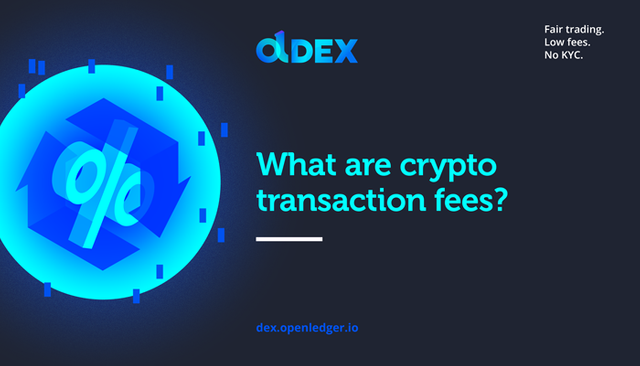What are crypto transaction fees?
Much like the cost of running a business, the costs associated with trading crypto are inevitable. In the market, crypto traders are expected to pay cryptocurrency transaction fees. These fees stem from users accepting the services of a blockchain network and having to pay for them accordingly. The major types of transaction fees include wallet fees, fees for transactions, and fees for trading on exchanges — let’s talk about each of them.
Wallet fees
Crypto wallets usually don’t charge users for storing their cryptocurrencies and other crypto assets. Instead, users are getting charged for transactions they make. Additionally, a lot of wallets can have the so-called affiliate fees — some additional or even native options that a user can take for an additional fee. Another revenue stream for wallets is the fee for bringing new customers to exchanges, similar to a “referral fee.”
Transaction fees
Cryptocurrency transaction fees are very similar to the same term in fiat, and are calculated based on the global percentage of the order value for a certain trade. What’s slightly different in the crypto world is which side pays the fee. In cryptocurrency, this responsibility lies on the “taker” of the transaction, while the “maker” receives a rebate. Network transaction fees have been historically very low, however, with a bigger volume of the coins processing, the costs may also rise.
Exchange fees
Lastly, an exchange charges users fees every time they trade, buy or withdraw cryptocurrency. The most popular types of fees are market fees, withdrawal fees, and trading fees. Their definitions speak for themselves, and all exchanges have pretty similar types of fees. However, the amount of the fees can slightly vary based on several factors, including the volume of certain transactions, and which cryptocurrencies are involved in them. Exchange fees are among the major factors that investors need to consider before choosing their preferred exchange platform.
